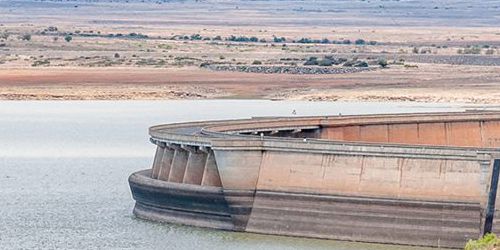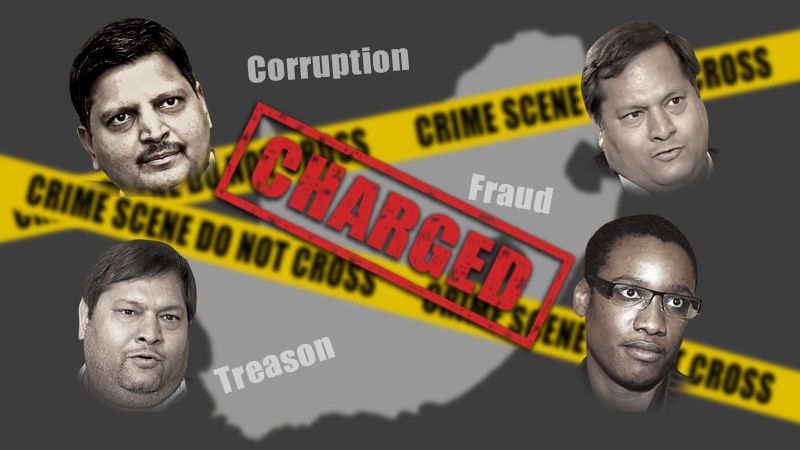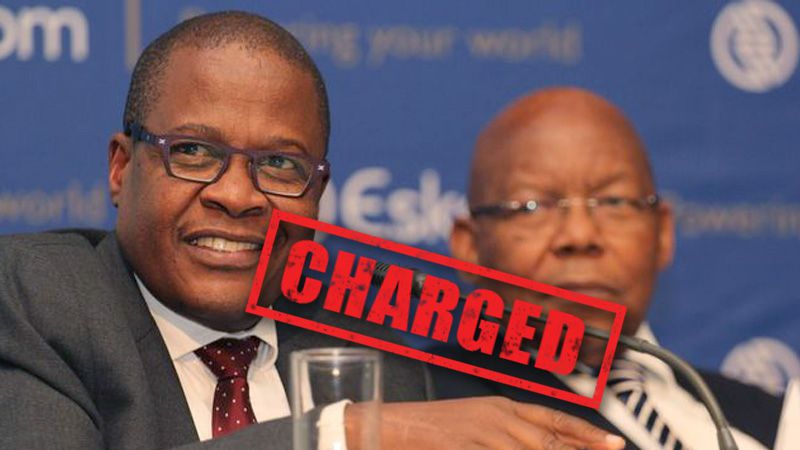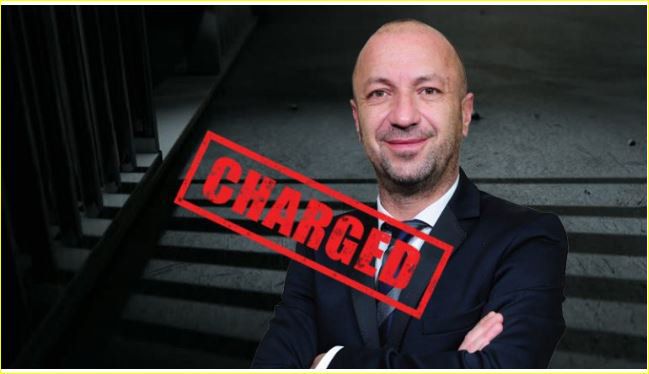DEPT. OF WATER AND SANITATION

WHY IS OUTA TARGETING THE DWS?
Water is a resource not only protected by the Constitution of the Republic of South Africa, but the management of this life-giving, scarce resource is also regulated by our Constitution.
The Constitution clearly stipulates individuals’ rights of access to basic water and sanitation, and also sets out the institutional framework for the provision of these services. It also supports socially justifiable economic development, while setting out the management of water resources as a national competency.
The Department of Water and Sanitation (DWS), under the Constitution of South Africa and the National Water Act, is the public trustee of the nation’s water resources. In reality, this means that the Minister of DWS – currently Nomvula Mokonyane – must ensure that water is protected, used, developed, conserved, managed and controlled in a sustainable and equitable manner, for the benefit of all persons and in accordance with its constitutional mandate. The Minister is ultimately responsible to promote environmental values and adhering to the statutory obligations of the Constitution.
It must be emphasised that the Minister of Water and Sanitation is not the owner of all water in South Africa, but rather the entrusted custodian of all water, acting on behalf of and for the people of the land. It is ultimately the Minister’s responsibility to ensure that water supply satisfies the thirst of demand and that the resource quality is protected.
WHAT ARE OUR MAIN ISSUES & CONCERNS WITH DWS?
The current lack of good governance within the Department of Water and Sanitation is a great cause for concern for OUTA and the public at large.
This is particularly true given the current water restrictions, put in place in Gauteng and most regions countrywide.
For some time now, OUTA has been receiving information from whistleblowers on the mismanagement and corruption within the water sector. We, therefore, decided to launch a special portfolio to look into this.
One of our main reasons for concern is the hold up allegedly caused by DWS themselves when it comes to completing the second phase of the Lesotho Highlands Water Project. This project is a long-standing agreement between the governments of Lesotho and South Africa. It basically involves annual payments from South Africa’s National Treasury for the long term provision of water to the Vaal river system, essentially Gauteng’s primary source of water.
The second phase of the project was allegedly delayed by the South African authority responsible for the provision of this basic service – the Department of Water and Sanitation. Talk show host John Robbie recently confronted Minister Nomvula Mokonyane about alleged intentional delays. Allegedly, the delays were aimed at incorporating a certain engineering consulting firm which is aligned with the interests of the ANC.
The Minister denied the claims about the engineering firm, but not the delay in implementation of Phase 2. She blamed the delay on a resistance to transformation and said the culture against historically disadvantaged individuals needed to be eradicated. This was also the reason provided for the replacement of the Director General of the Trans-Caledon Tunnel Authority (TCTA), Dr Zodwa Dlamini, with someone more aligned with the interests of the Minister and her political party, Bheki Nkosi.
If the Lesotho Water Project Phase II was finished by the time initially projected, one can assume it would not have been necessary to implement water restrictions in the Rand Water supply area (Gauteng, Hartbeespoortdam and Rustenburg). We are also concerned about the implications restricted water supply will have on Gauteng, undeniably the economic hub of South Africa. Surely this will impair economic and social development in the region, thereby also hindering transformation.
By delaying the LHWP II in 2016, the Minister has cost the taxpayer approximately R2bn, without being held accountable for a single cent.
While we agree that all measures possible should be taken to conserve water, we feel that by implementing water restrictions, yet again the burden and liability of maladministration in water supply and demand management in Gauteng is being placed on the shoulders of taxpayers or ‘water users’. Once again, no responsibility whatsoever is being taken by DWS, nor by local municipalities.
This places the water security of South African’s in jeopardy. Moreover, it begs the question whether the additional expenses and water restrictions – now the yoke of all people in Gauteng – can be attributed to the abuse of authority.
HOW DOES OUTA INTEND TO TACKLE THESE ISSUES?
OUTA will engage with the Minister to clarify the delays in the LHWP II process and to ensure that the public knows who will carry the burden of the cost of this project in the future. We will also seek for relief though pursuing the relevant channels, not excluding the courts, to put pressure on the development of this important project as to ensure that it is not delayed any further.
OUTA will aim to monitor the project’s’ procurement process as to aim for transparency and good governance in the project. We are very well aware of the corruption and collusion that usually takes place within projects of this magnitude and will investigate possibilities of maladministration and corruption throughout the process. If any corruption takes place, we will take action as to ensure accountability.
In short, OUTA will aim at the following:
-
Full project plan for LHWP II to be made public with clear milestones.
-
Continuous monitoring of progress and reporting on implementation to the public/civil society
-
Revealing of tariff structure and detail of costs to be borne by consumers.
-
Economic regulation of water pricing structure to ensure affordable tariffs.
-
Value for money when contracts are awarded and no “under the table deals”.
ARCHIVED PROJECTS

GUPTA FAMILY CHARGES
OUTA has laid charges of treason, racketeering, extortion, fraud and forgery against the Gupta brothers and Duduzane Zuma in connection with allegations of state capture.

BRIAN MOLEFE & BEN NGUBANE
OUTA has laid charges of fraud and financial misconduct against Eskom’s former Chief Executive, Brian Molefe, and former Chairman of the board, Ben Ngubane.

MARK PAMENSKY CHARGES
Mark Pamensky was a director of the state-owned Eskom Holdings while he was also a director of at least one company in the Gupta business empire. He passed on information gained at Eskom to the Guptas which helped them in their R2.15 billion purchase of Optimum Coal Holdings.